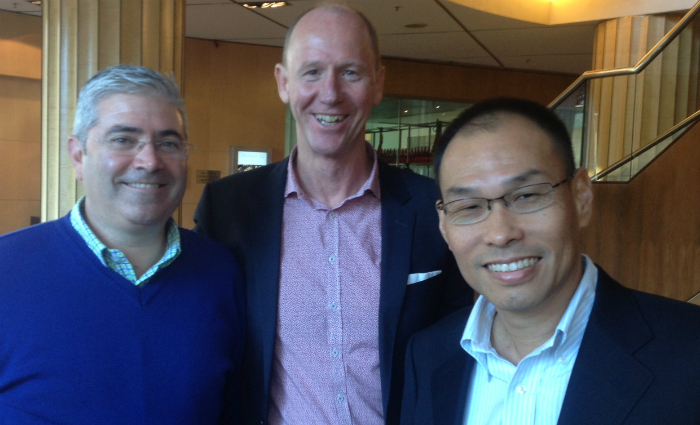
Indonesian paper manufacturing giant April has declared it is completely environmentally friendly and will now be ramping up its business in Australia.
Two months ago, following consultation with NGOs including Greenpeace and WWF, the company added High Carbon Stock to its High Conservation Value assessments under its updated Sustainable Forest Management Policy SFMP2 and was awarded PEFC certification.
According to April managing director of sustainability Goh Lin Piao, this means the NGOs are now supportive of April’s environmental strategy. A statement from WWF says: “WWF welcomes April’s new deforestation moratorium”.
The policy shift ends years of conflict with NGOs like Greenpeace and WWF, which has seen numerous clients pull out and in March culminated in its fourth-biggest lender Santander bank cutting off its line of credit.
[Related: More environment news]
Product manufactured by April for the Australian market is supplied by BJ Ball, including both copy paper and commercial grades.
April country manager Stephen Gates says: “We will now be seeking to expand our market share, and will be launching new products for commercial printers.
“The introduction of SFMP2 and its support by the NGOs means that printers will be able to use the paper with confidence knowing that there will be no environmental issues.”
BJ Ball marketing director Tony Bertrand says: “SMFP2 means integrity. April papers are high quality and available at a competitive price and can now be shown to be environmentally-friendly – in fact April goes above and beyond what is required.”
April will be launching a new paper manufacturing line next year PM3 which will pump out some 300,000 tonnes a year at 1.9km an hour.
The company is also adding two new paper lines at its Chinese mills, which will produce an extra 1.9 million tonnes of product a year.
April says it has been on a determined environmental journey since 2005, working with NGOs to ensure its practices are sustainable and accepted as such.
It is committed to a 1:1 plantation to conservation ratio (The Indonesian government only requires 70:30), and in 2014 it created SFMP and launched an independent stakeholder advisory committee (SAC) to provide advice and scrutiny of the SFMP.
Comment below to have your say on this story.
If you have a news story or tip-off, get in touch at editorial@sprinter.com.au.
Sign up to the Sprinter newsletter
